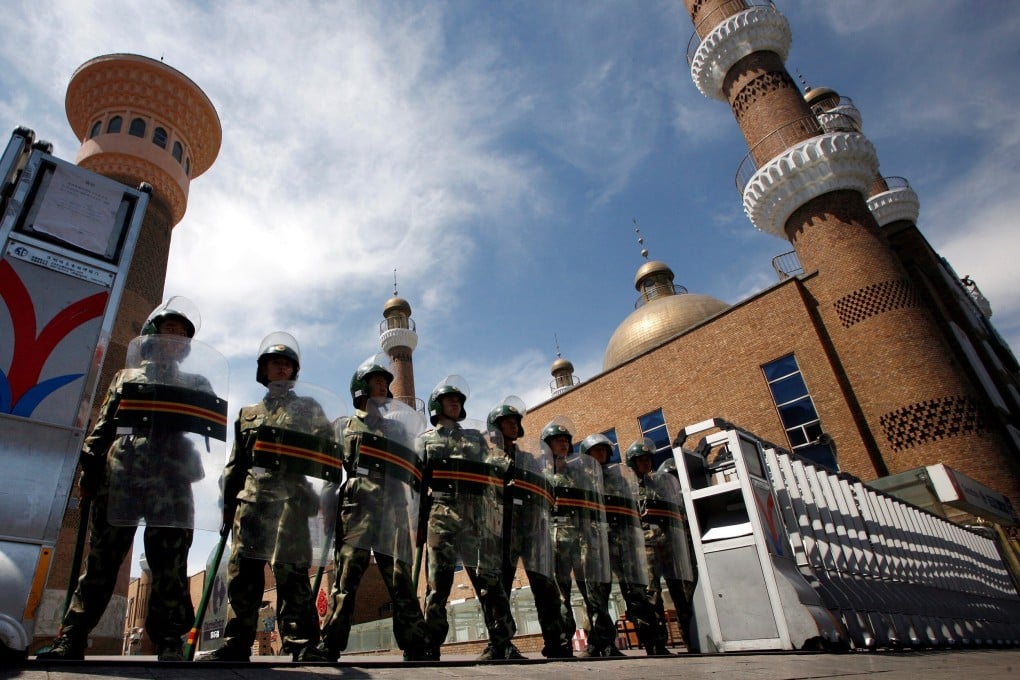Advertisement
Explainer | What is going on in Xinjiang and who are the Uygur Muslims?
- China faces international criticism, even accusations of genocide, over its policies in the region, which has a large Muslim population
- Beijing says it set up ‘re-education’ camps to counter terrorists, but activists say more than a million people have been detained in the facilities
Reading Time:7 minutes
Why you can trust SCMP
34

China’s far-west frontier region of Xinjiang is a vast territory of deserts, mountains and grasslands about three times the size of France that makes up almost 18 per cent of China’s entire land mass.
According to human rights groups and a United Nations committee, as many as 1 million Uygur Muslims – the region’s largest ethnic group – have been detained in “re-education centres” there and subjected to indoctrination, torture and forced labour.
The US and Canada have labelled China’s policies in Xinjiang “genocide”, and along with the EU and UK have led a sanctions blitz against Chinese officials. There have also been calls for a boycott of the 2022 Beijing Winter Olympics.
Advertisement
China has defended its policies, saying it is trying to manage ethnic tensions, fight extremism and reduce poverty by developing the resource-rich region into a trade route to Central Asia.
It has hit back with its own sanctions against Western politicians and academics, while a nationalist backlash has seen Western companies that expressed concern about the forced labour claims boycotted.
Advertisement
Here are the basics of the controversy.
Who are the Uygur people?
Advertisement
Select Voice
Choose your listening speed
Get through articles 2x faster
1.25x
250 WPM
Slow
Average
Fast
1.25x